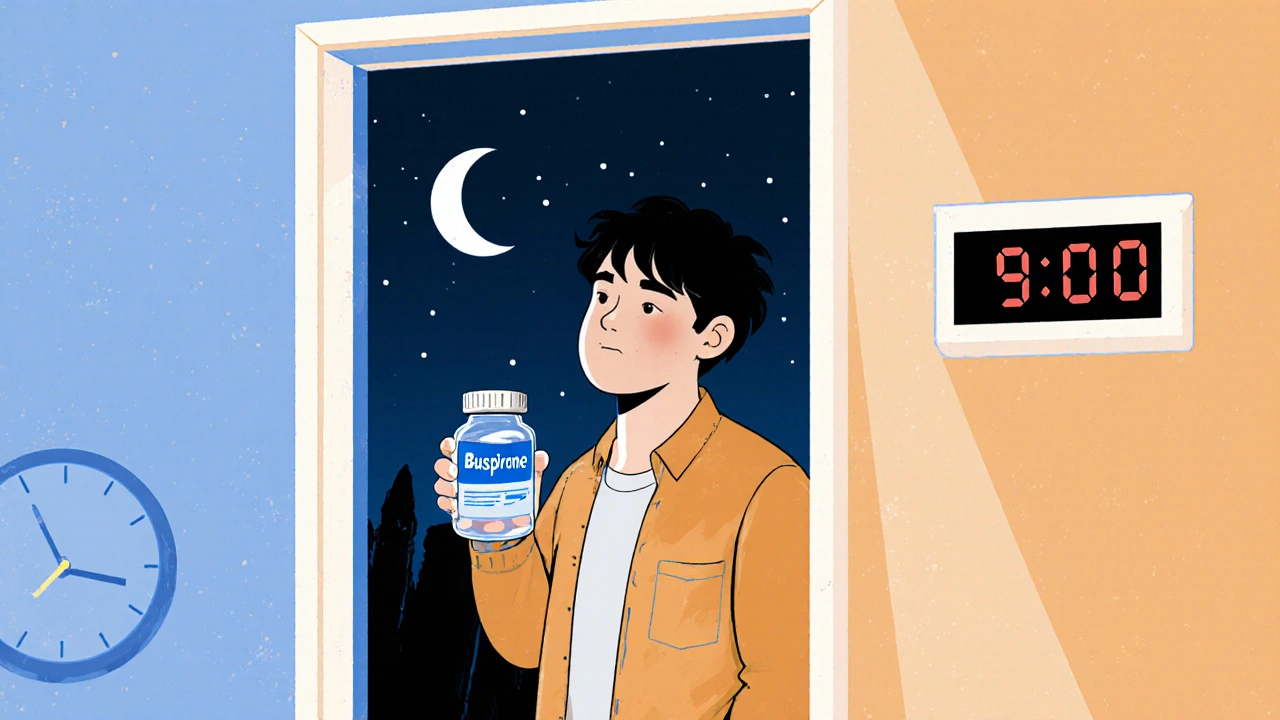Buspirone and Sleep: Effects, Tips & Managing Insomnia
Discover how buspirone influences sleep, common side effects, and practical tips to manage insomnia while staying on the medication.
Continue ReadingWhen you take a sleep medication, a drug used to help you fall or stay asleep. Also known as hypnotics, it can seem harmless—until it’s mixed with something else. Many people don’t realize that even over-the-counter sleep aids can turn risky when combined with other prescriptions, cold medicines, or heart drugs. A simple interaction between a sleep pill and an antidepressant can spike your blood pressure, trigger irregular heartbeats, or even cause serotonin syndrome—a potentially life-threatening condition.
Take MAOIs, a class of antidepressants that affect brain chemicals. Also known as monoamine oxidase inhibitors, they are especially dangerous when paired with dextromethorphan, a common ingredient in OTC cough syrups and sleep aids. That combination doesn’t just make you drowsy—it can send your blood pressure through the roof. Or consider QT-prolonging drugs, medications that disrupt the heart’s electrical rhythm. Also known as arrhythmia-triggering drugs, they include methadone, certain antibiotics, and even some antifungals. If you’re taking one of these and also use a sleep aid like zolpidem or diphenhydramine, you’re increasing your risk of torsades de pointes, a dangerous type of irregular heartbeat. Even natural supplements like melatonin, a hormone your body makes to regulate sleep. Also known as the sleep hormone, it’s often seen as safe—but it can amplify the sedative effects of benzodiazepines and increase dizziness or confusion in older adults.
You might think, "I only take one sleep pill a night, so it’s fine." But interactions don’t always show up right away. They build up. A person on long-term methadone for pain or addiction might start using melatonin for better sleep, not knowing their heart is already under stress. Or someone on an antidepressant picks up a nighttime cold medicine because they have a stuffy nose—and suddenly, their body can’t handle the chemical overload. These aren’t rare cases. They happen every day in clinics and homes because the warnings aren’t clear.
This collection of articles doesn’t just list risks—it shows you exactly which drugs clash, why they do it, and what to do instead. You’ll find real-world examples: how bentyl affects sleep in IBS patients, why amitriptyline causes constipation that disrupts rest, and how proton pump inhibitors like omeprazole can quietly mess with your sleep cycle. We cover statins, nasal sprays, and even caffeine’s hidden role in keeping you awake. No fluff. No guesswork. Just clear, practical info based on what doctors and patients actually deal with.
If you’re taking any kind of sleep aid—whether it’s a prescription, a supplement, or a nightly glass of warm milk with melatonin—this is the guide you need. Because the safest sleep isn’t the one that knocks you out. It’s the one that doesn’t put your body at risk.

Discover how buspirone influences sleep, common side effects, and practical tips to manage insomnia while staying on the medication.
Continue Reading